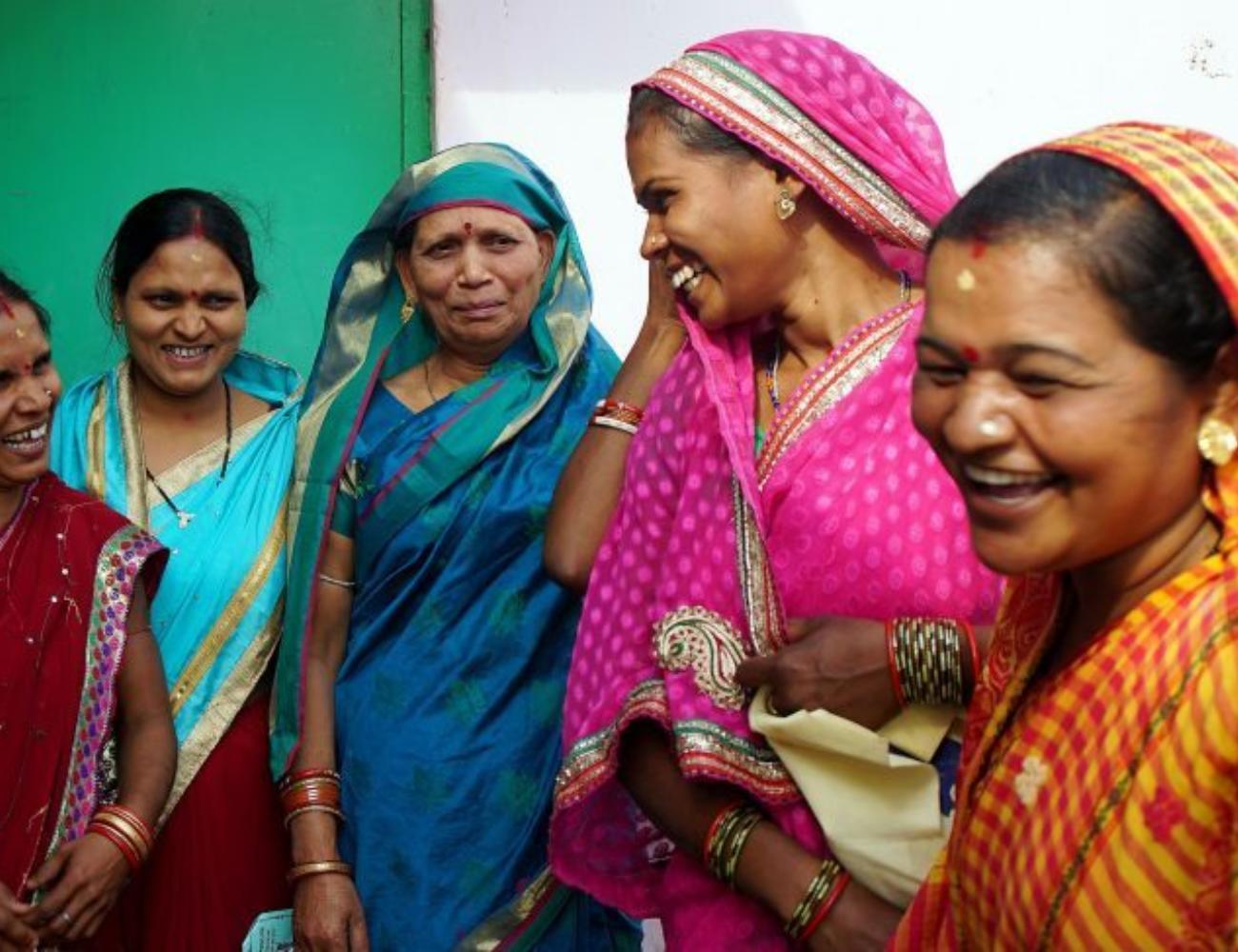
Projects
The National Holocaust Museum
The National Holocaust Museum, part of the Jewish Cultural Quarter, is the first and only museum to tell the complete history of the persecution of Jews in the Netherlands. When there will soon be no survivors left, the National Holocaust Museum is indispensable as a place where the victims are remembered and the consequences of indifference and discrimination, then and now, are discussed. The Jewish Cultural Quarter (JCK) consists of the Jewish Historical Museum, the JHM Children's Museum, the Portuguese Synagogue, the Hollandsche Schouwburg and the National Holocaust Museum. go to website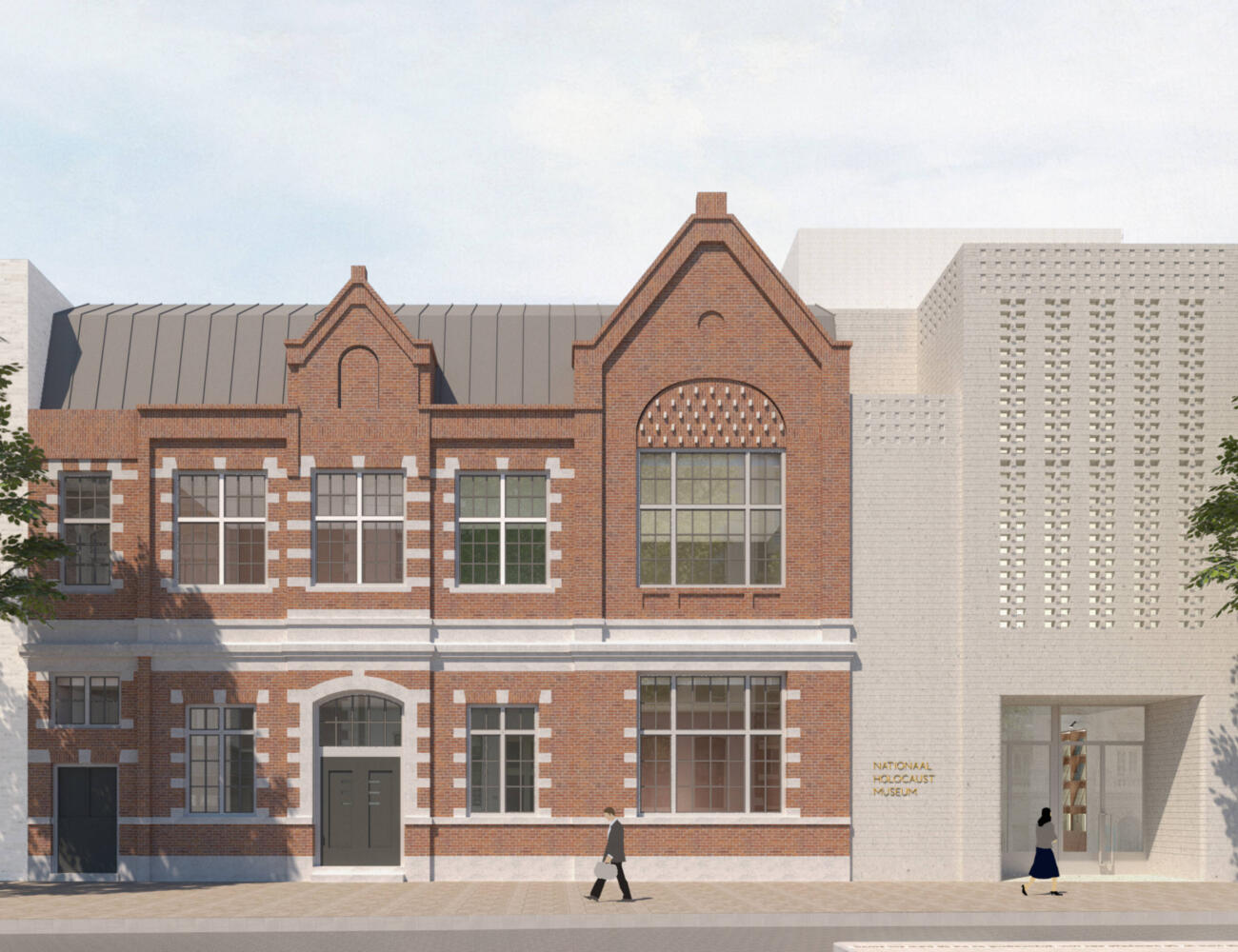
Beit Hashanti
Shanti House opened its doors in 1984 for youth at risk and in immediate danger (ages 14-21). Since then, Shanti House has provided shelter and assistance to these young people, regardless of religion, race, nationality or gender, helping them shape their way into independent life. Shanti House doors are open 24 hours a day, 365 days a year, without the need for official referral or waiting period. Shanti House serves as a temporary home and a long-term solution for youth who are in immediate danger. Through structured comprehensive and psychotherapy treatment, we build a strong positive relationship in order to foster trust, giving the youngsters the help they need to transmit out of life on the street, leading them to choose their own way in life and be committed to their decisions. During their stay, the children of Shanti House receive wide educational and therapeutic assistance that includes counseling and professional guidance, so that they can mobilize their strengths, believe in themselves and their abilities, and choose life. The colorful design of Shanti Houses is part of Mariuma’s therapeutic approach. An aesthetic design that adds familial atmosphere and creates a sense of optimism and positive experience that has a tremendous impact, enabling youth to feel worthy of having chosen to save their lives. We believe that the special design and decor greatly contributes to the children’s feeling of self-esteem and respect. Shanti House’s graduates receive assistance, support and counseling at the main crossroads of their lives. Many of our graduates continue to visit the House, especially for Kabbalat Shabbat and holiday meals, as Shanti House continues to serve as their family. Since its establishment, more than 54,000 youth have chosen to live: they have survived street life, studied, enlisted in the IDF and successfully integrated into society as independent and contributing citizens. Shanti House operates two houses: Shanti House in Tel Aviv and Shanti House in the desert. A new Shanti House in Jerusalem is expected to open soon. go to website
Ayalim
The Ayalim Association was founded in 2002 with the goal of strengthening existing communities and social involvement in the Negev and Galilee, periphery areas in Israel. The Association’s role is to revive and renew the Zionist idea in the 21st century and seeks to achieve this goal through the establishment of student and entrepreneur villages. This young social entrepreneurship fosters the connection between people and land as well as between the individual and greater society. The establishment of Student Villages constitutes the foundation for social involvement and the creation of new permanent communities. The students in our villages integrate community building and social outreach, thereby promoting society and education in the Negev and Galilee. In return for academic scholarships and subsidized housing in the villages, each student in Ayalim volunteers with children in development towns and distressed neighborhoods, and takes part in the association’s special projects, with the understanding that the projects’ success depends on the fusion of individual needs with national objectives. To date, there are more than 500 students participating in the Ayalim Association, living and volunteering in 11 student and entrepreneur villages throughout the Negev and Galilee. The students in these villages are already generating a tangible change in the Israeli periphery on the micro scale, and in the future of the State of Israel on the macro. Most of the Student Villages are built within existing communities such as the development towns of Yeruham, Dimona, and Ofakim with the aim of strengthening their social and educational frameworks. However, recently Ayalim has also built its own settlement in the middle of the Negev known as Shizaf. go to website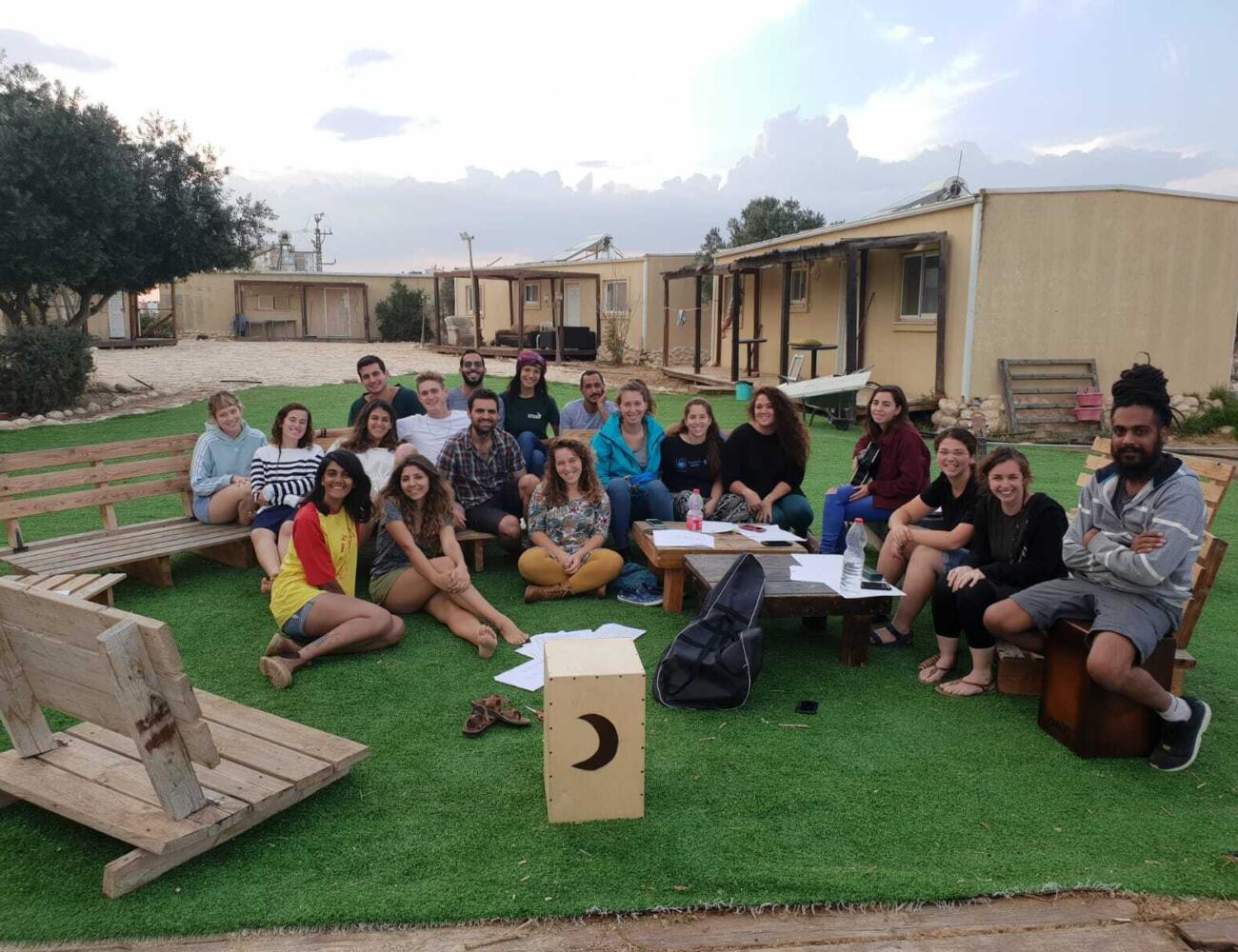
Access for all
The "Access for All" program acts to create an equal and just society, enabling every person to achieve education, to study, to develop and to realize themselves. The "Access for All" goal is to bridge social gaps and to enable equaling opportunities by minimizing knowledge and education gaps, thus by providing basic essential knowledge to the program's participants in order to enable them to better cope with their daily lives, and as a means to expanding their operational options. More importantly, the "Access for All" program acts to empower the participants' personal capabilities, to develop their curiosity, to bring back their lost joy of learning. It also wishes to provide them with the will and the tools required to keep on learning and developing and to become meaningful citizens who take responsibility over their lives and act out of awareness and consideration for their own, their families' and their environment's wellbeing. The Access for All studies become a significant meeting point between the participants and the university's learning experience, the students and the staff – with their professions and world views – thus generating dialog between populations who rarely meet in Israel. This meeting enforces and enriches the participants and contributes to the education, the practice and the social commitment of the students. go to website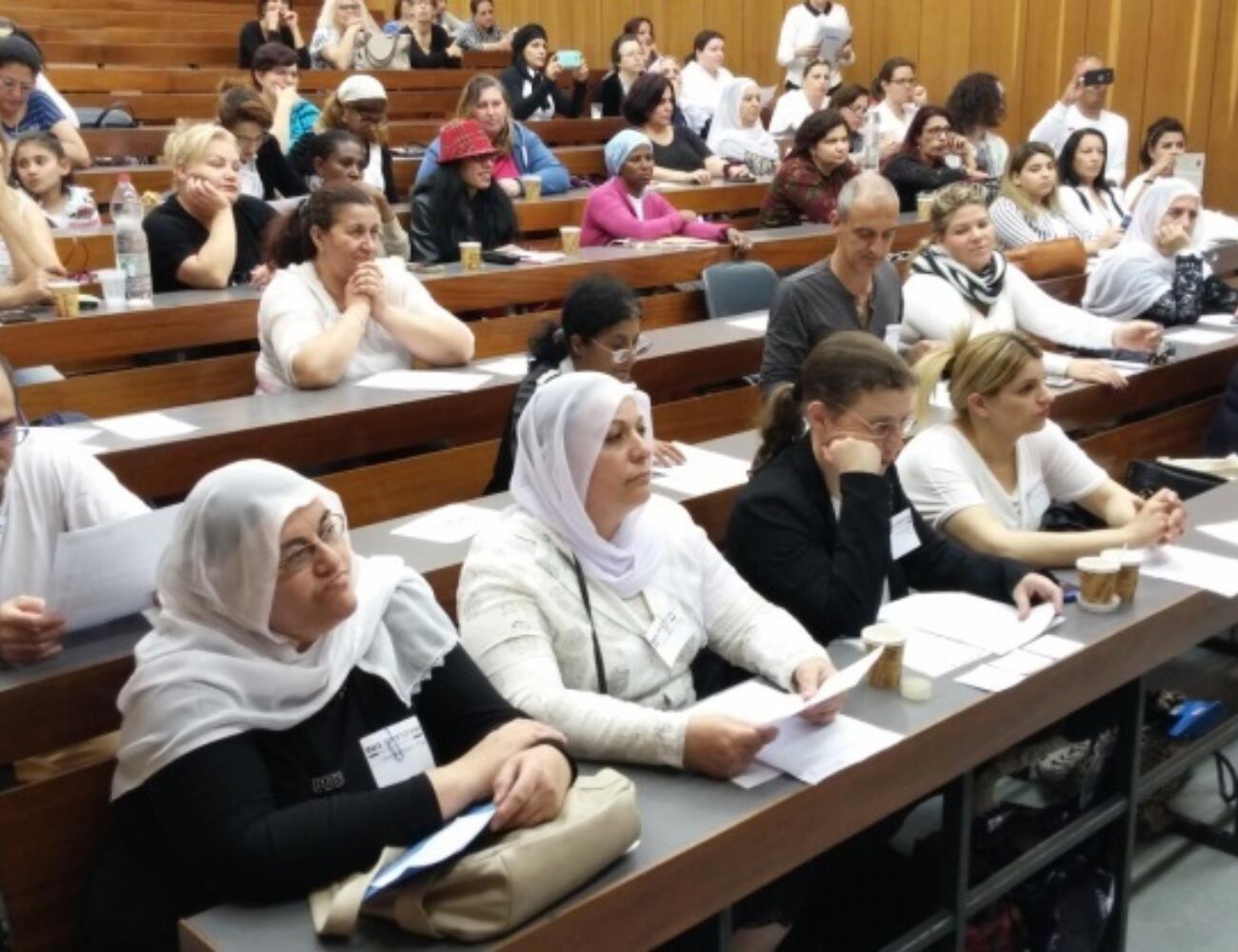
Sapir college
Our mission is to provide high quality, equitable and accessible higher education in Israel's Southern periphery. As Israel's largest public college, we are proud of our diversity and inclusivity programs that attracts students with a wide range of needs and backgrounds. Located in the western Negev, less than 2 miles from the Gaza border, Sapir Academic College is a beacon of light and a source of inspiration for all Israelis. Over 8,000 students and hundreds of Sapir's faculty teach and study at the College. Our faculty has a reputation for excellence, delivering innovative courses with a student-centered focus that provide the best in classroom, out of classroom and online education, to meet the needs of a rapidly changing world. Given its unique location and the resulting security threats it faces, Sapir is nothing short of miraculous. Known for its centers of excellence in pre-academic (Mechina), undergraduate, graduate, practical engineering and professional development programs, the College's new and imaginative Center for Innovation and Entrepreneurship, has the potential to redefine our campus. Our inspiring diversity and inclusivity policies attract students with a wide range of needs and backgrounds. Over 60% come from the Negev periphery. Many among them are the first in their families to pursue a college education. The very diverse student body attracts people from all sectors of Israeli society, including many IDF veterans, students from immigrant families including the Ethiopian community and Arab Bedouins. The College's inclusive policies have also resulted in high proportion of students that have a range of disabilities and make up about 20% of the student body. Sapir contributes to the development and resiliency of the Negev with academic, cultural, social entrepreneurship and technological innovation programs. One of the largest employers in the area, the College attracts young people to Israel’s southern region for their studies and beyond. go to website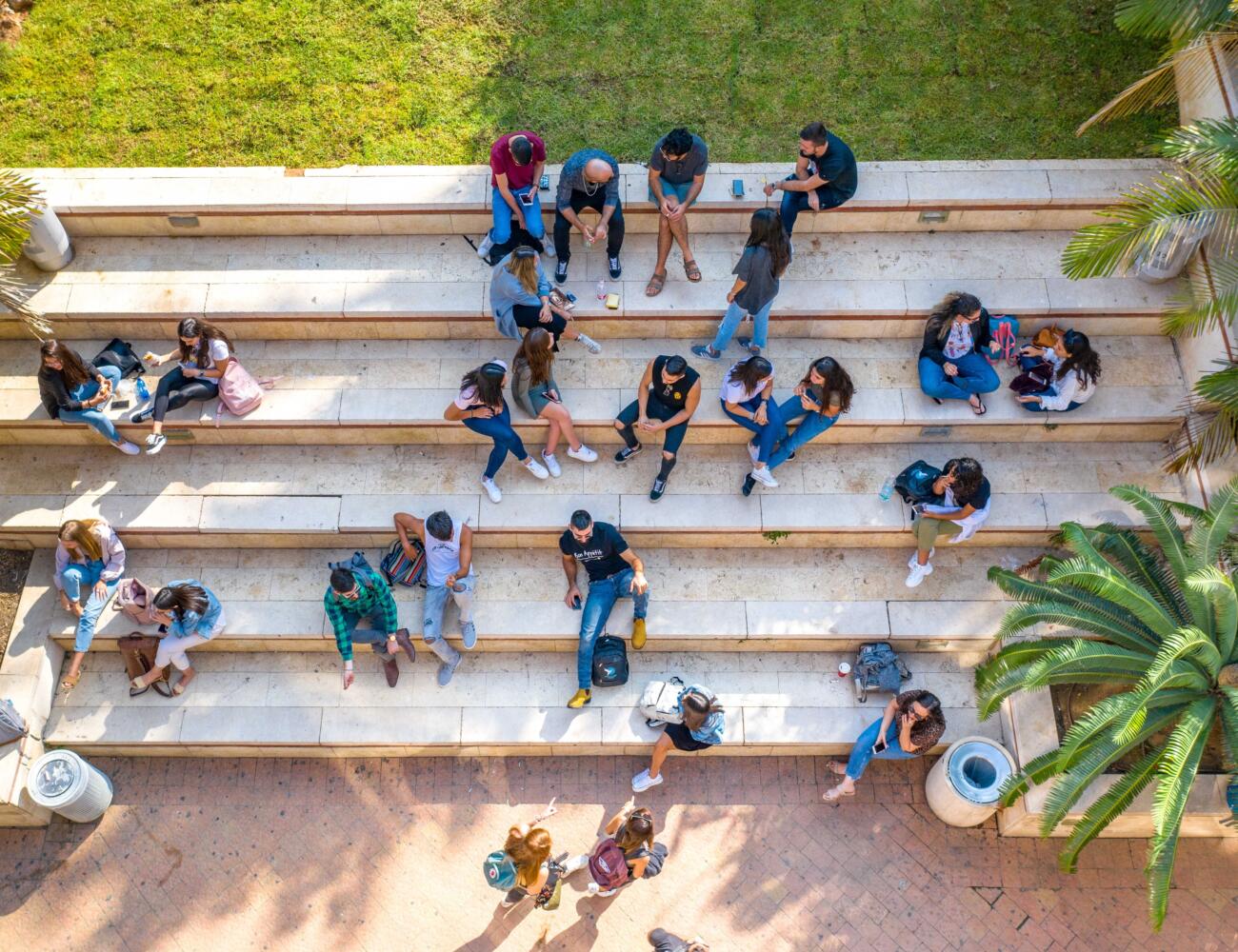
Weiss livnat Haifa university master in holocaust
The unique, multidisciplinary MA Program in Holocaust Studies in one of Israel’s leading university, the university of Haifa, is dedicated to creating and nurturing a new generation of Holocaust researchers and educators. In addition to a rigorous and varied curriculum with leading academics and researchers, our students gain professional experience through internship opportunities at a variety of Holocaust related institutions, seminars, a foreign study tour, and volunteering opportunities with Holocaust survivors to help foster personal relationship and dedication to the field of Holocaust Studies. The program offers courses on the history of the Holocaust period and WWII as well courses on psychological aspects of trauma, the anthropology of memory, genocide and crimes against humanity, international law, museum studies, Holocaust education, and cultural expressions of the Holocaust in film and literature. The program is unique and one of its kind around the world and has become a true authority on the subject of research of the Holocaust. go to website
Santa Fe brasil
Associação Beneficente Santa Fé cares for children and youngsters, victims of mistreatment, sexual abuse, domestic and sexual violence, psychological violence, and negligence, with special attention to pregnant teenagers or accompanied by their children. Our role is to rescue their dignity and self-esteem, providing opportunities for them to develop their full potential through welcoming and care in which the child is the center of all action. In our methodology, a multidisciplinary team is at the service of the child and the youngster, truly interested in them, offering them a safe and healthy environment, being the continent of their experiences. Since 2015, Santa Fé has had a partnership with the Shalom Foundation for the Language Workshop project, which includes classes in Portuguese Language, Theater, Dance and Music and aims to promote interest and enjoyment for the written and oral word in its multiple expressions: stories, poetry, poems, songs and free texts. In it, activities are developed such as text writing, analysis of literature classics, contact with musical instruments of various kinds, analysis of plays, cultural rhythms, Brazilian folklore, as well as the organization and presentation of plays and pocket shows organized at our headquarters. Participating in this project are children and young people who are welcomed in our residential homes. go to website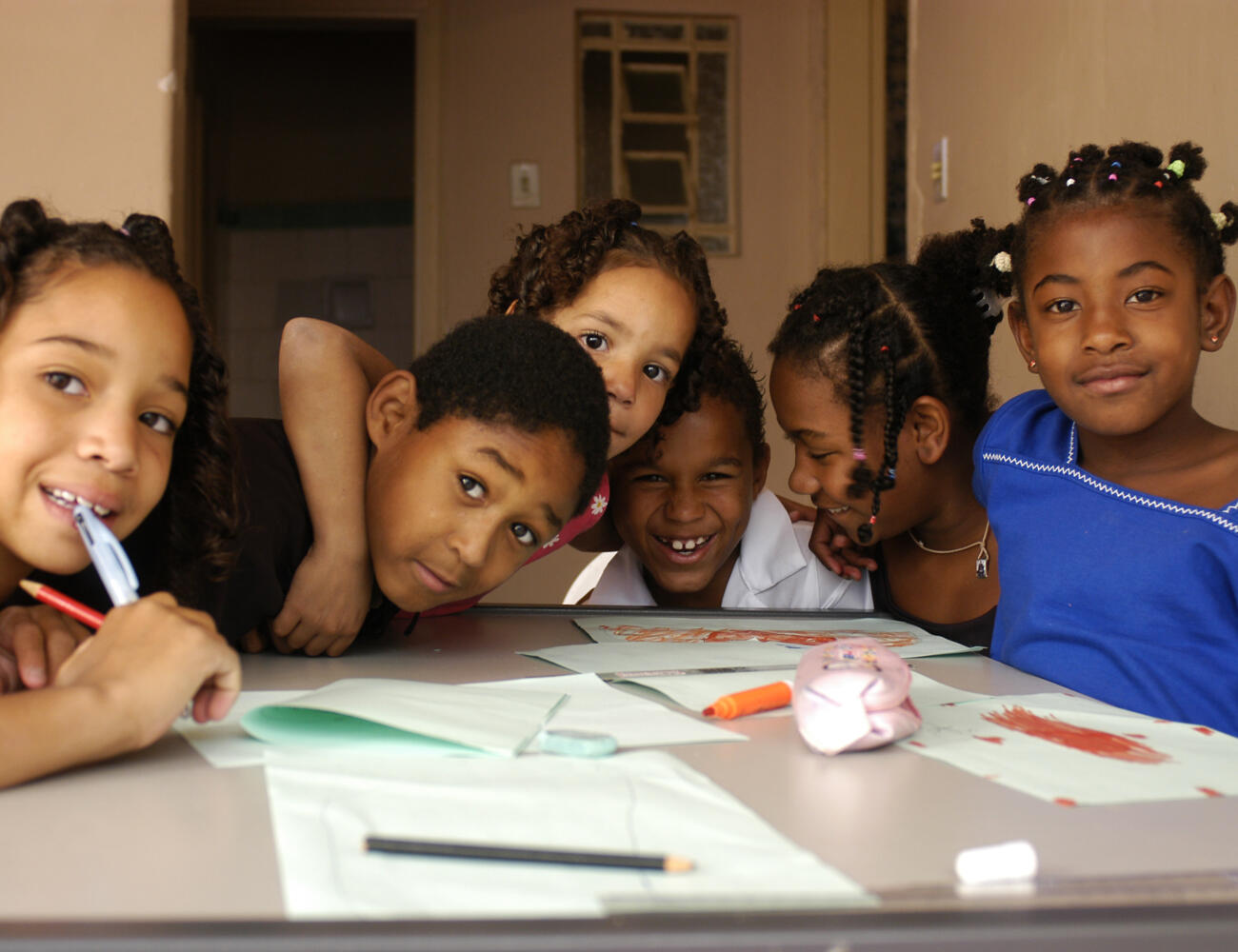
Hulphond Nederland
Hulphond Nederland helps people needing physical or mental care by providing an assistance dog. An assistance dog tackles isolation and offers a new perspective. Hulphond Nederland has more than thirty years’ experience in training and placing assistance dogs. The foundation is a high-quality organization that uses assistance dogs for an increasing number of syndromes, behavioural disorders, learning difficulties or other kinds of problems. The assistance dogs are trained and used by expert trainers and therapists to perform as wide a range of tasks as possible, with respect for the dog’s welfare. The trainers can teach the assistance dogs up to seventy different skills. Through the Expertise Centre, they are recognized for their excellent assistance dogs and well-proven training programmes and methods. Hulphond Nederland has the right assistance dog for everyone! go to website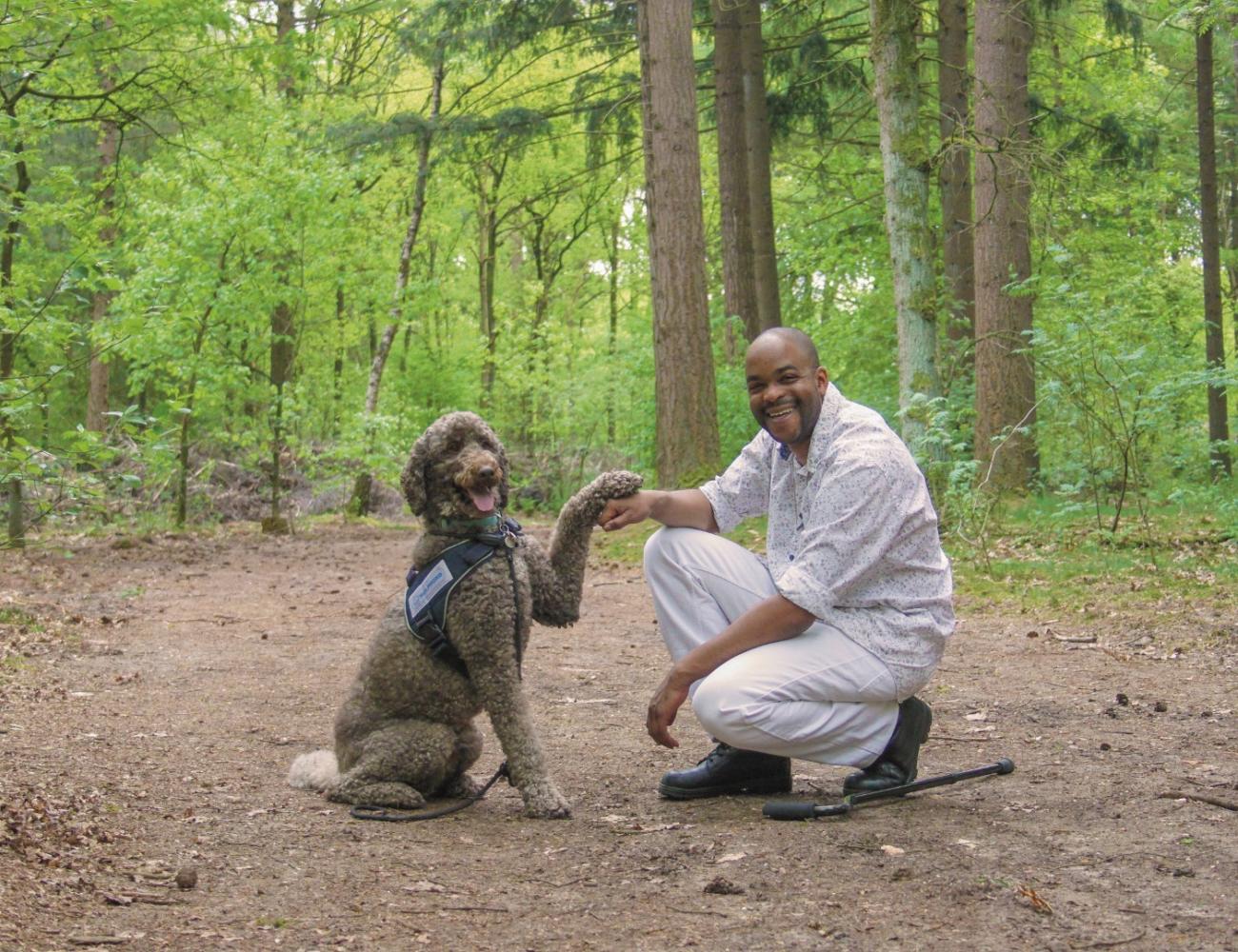
Work Like a Horse
Werken als een Paard (Work like a Horse) runs all kinds of social projects to provide educational experiences for children who deserve a helping hand. Depending on the target group, this could be a holiday activity or taking part each week in a ‘Werken als een Paard’ programme for a whole year. What is most important to us is that every child is given an equal chance. Our message to the children is this: whatever your situation, if you work like a horse you can achieve a great deal. Throughout the year, Werken als een Paard broadens the horizons of children from challenging neighbourhoods with excursions and development programmes, offers children with multiple disabilities a therapeutic yearly programme using horses, and organizes an active day’s holiday during the summer for children from a wide range of backgrounds. go to website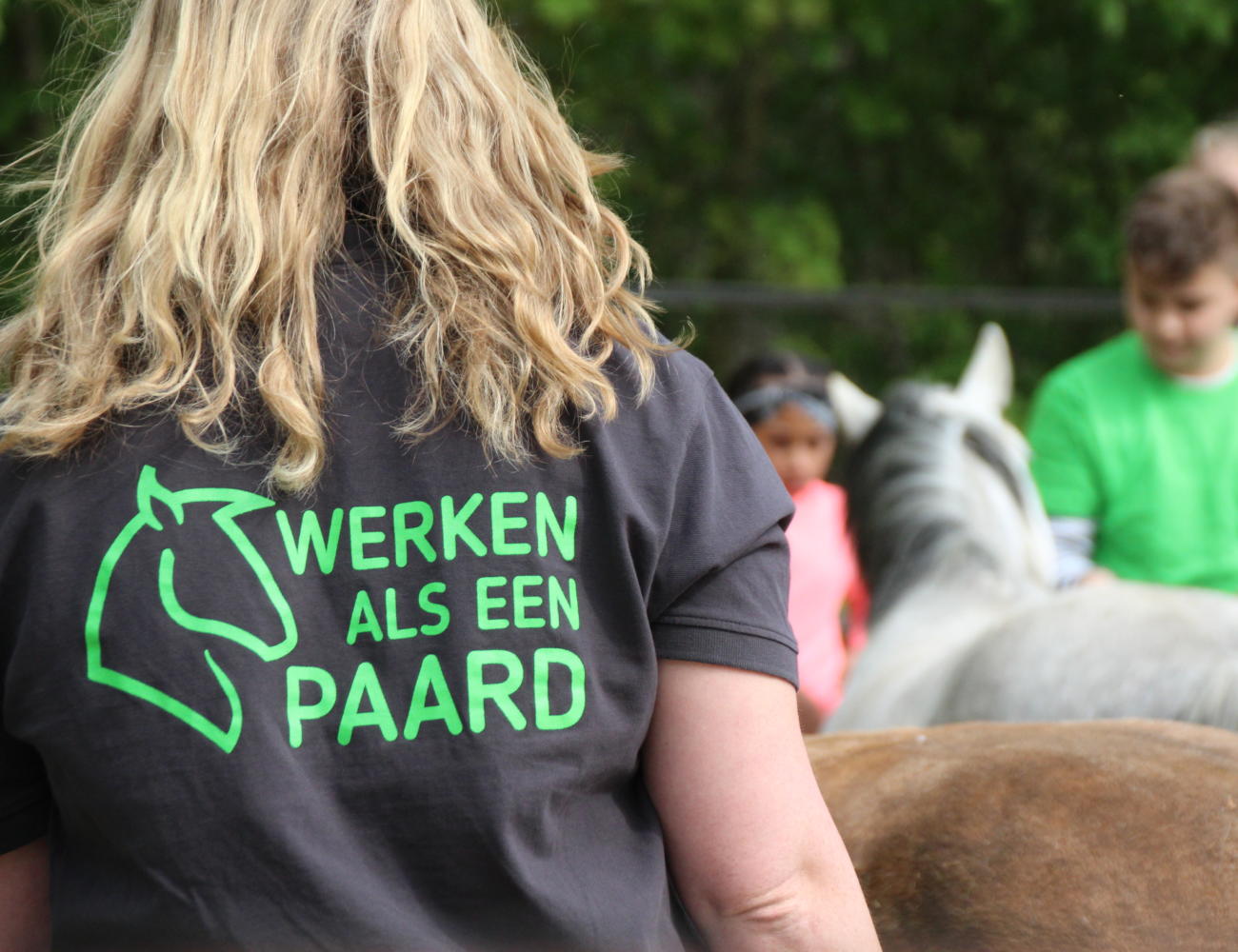
Boijmans Van Beuningen Museum
The Boijmans Van Beuningen Museum is a diverse and unconventional museum in the heart of Rotterdam. Visitors to the museum are often astonished at the richness and diversity of its collection. The museum looks after more than 150,000 objects, from ancient to modern and contemporary art, from applied art to design. Everyone has the opportunity to roam through the history of art, from the Middle Ages to today. The Boijmans Van Beuningen Museum entered a period of transition in 2019. The museum building is closed for renovation and modernization but the programme continues. The renowned museum collection remains on display at its neighbours, abroad, in Rotterdam school classrooms, and from 2021 in the Boijmans Van Beuningen Depot, the first art depository to open up to the public, where visitors can not only browse through the entire collection but also watch the conservators and restorers at work. go to website
The Zero Hunger Project India – Investing in female leadership
One in four people living with hunger live in India. Although India’s economy is growing fast, not everyone is reaping the rewards: every day around 194 million Indians have too little to eat, particularly in rural areas, even though hunger is one of the biggest solvable problems in the world. There is no lack of opportunities for reducing hunger. The Indian government itself has made good steps in this direction, and on paper it all looks very well organized. For the poorest, all kinds of schemes and subsidies are available if you know how to get them. From widows’ pensions to housing subsidies, from job programmes to school meals and food vouchers. The village councils play an important role here, as they decide who is eligible for this support. They record the villagers’ needs, identify who is entitled to a subsidy or a service, and then push to obtain these. Women are crucial in the battle to end hunger. They are often responsible for the food, not only for their own families but for the entire community. But they are not given a fair chance everywhere. Women have little or no access to education, money or influential positions, leaving so much potential unused – half of the population is in fact left out. According to Indian law a third of village council members should be women, and in some states even half. These women are elected for five years, and during this period are given intensive training and support by The Hunger Project India. The leadership programme ensures that they have the knowledge, skills and above all the confidence actually to use their influence. Without taking political sides, the programme gives women a voice. go to website